Human Rights Council: Fundamental or fundamentally flawed?
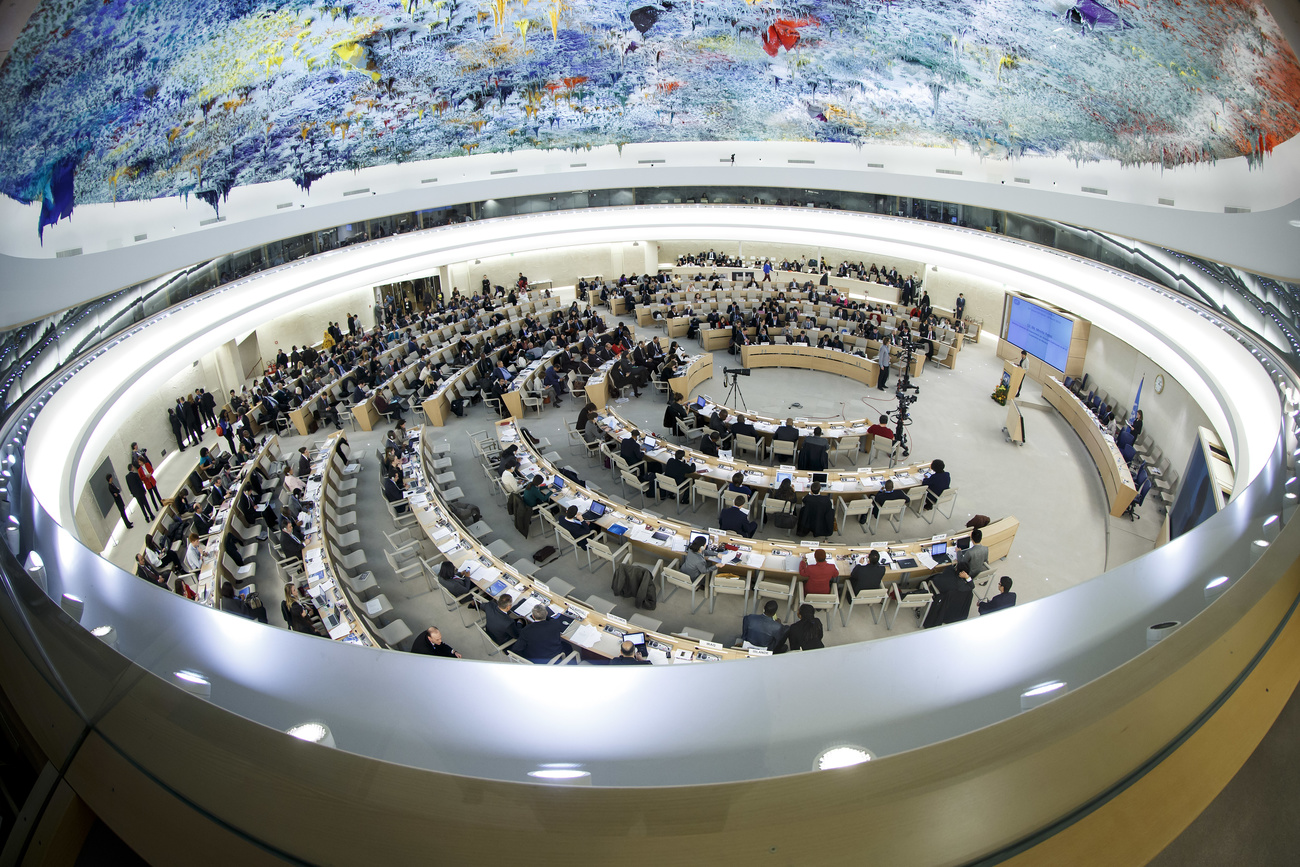
The Human Rights Council is convening in Geneva until July 13. This session is mired in US-China rivalry, while the Council also faces criticism from developing countries who feel they are often unfairly targeted for human rights abuses. SWI swissinfo.ch looks at how this body works, what it has achieved and ongoing calls for its reform.
The workings of the Human Rights Council tend to reflect geopolitical tensions around the world.
On June 22, just a day into the session, the US joined more than 40 countries in a Canadian-led statement expressing “grave concern” about Chinese human rights abuses against Muslim minority Uighur people and urging Beijing to allow “immediate, meaningful and unfettered access to Xinjiang for independent observers”.
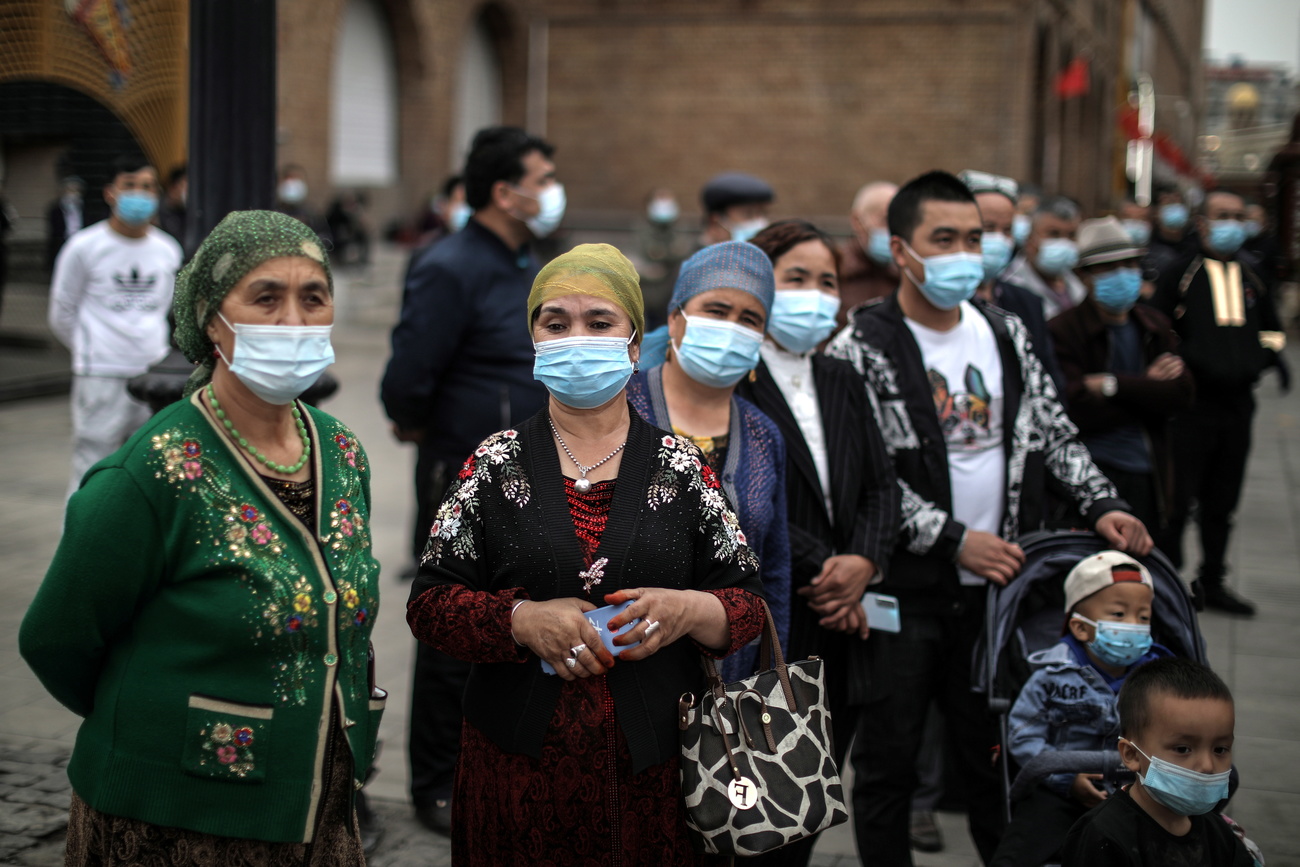
More
Switzerland supports UN-led Xinjiang investigation
The US also backed a statement saying that “only democratic forms of governance are capable of providing an environment conducive to long-term peace and security”, but that some States were challenging the “fundamental pillars of democracy”.
With Washington’s return to the Council under US President Joe Biden we are seeing “a return to big power politics,” says Marc Limon, founder and director of independent human rights think tank Universal Rights GroupExternal link. He says this was “encapsulated” by developments at the start of this session.
China and pro-China countries responded to the attacks with statements saying that national sovereignty should be respected, and that democracy should depend on local conditions. “China’s vision of ‘controlled democracy’ is very popular with some African and Asian leaders,” says Limon, “because it means they will stay in power for ever.” According to him, the current world struggle is not between capitalism and communism but between “democracy and autocracy” and this is reflected in the Human Rights Council.
Former Swiss Foreign Minister Micheline Calmy-Rey presented the concept of the Human Rights CouncilExternal link in September 2005 to replace the widely discredited and highly politicised UN Human Rights Commission created in 1946. The UN officially created it in March 2006.
The first session of the UN Human Rights Council took place in June 2006 at its headquarters in Geneva. The Council reports directly to the UN General Assembly.
It consists of 47 member states, which are selected on an absolute majority by the UN General Assembly. Members are elected on the basis of regional blocs: African states (13), Asia-Pacific states (13), Latin-American and Caribbean states (8); Western European and other states (7), and Eastern European states (6). The current HRC President is Nazhat Shameem Khan of Fiji.
Not all seats come up for election at the same time. There is currently a push from some quarters to make these elections more competitive by, for example, encouraging smaller states with relatively good human rights records to stand.
The Human Rights Council meets at least three times a year and can also hold special meetings to discuss crisis situations. It has mandated independent investigators and Rapporteurs to look at situations such as Syria, North Korea, Myanmar and South Sudan, as well as thematic issues like the rights of disabled and LGBT people. Its resolutions are not legally binding but carry moral authority.
If the HRC calls for tough UN action like referring Syria, Myanmar or Sri Lanka to the International Criminal Court, this ultimately comes up against the UN Security Council, where permanent members the US, Russia, China, France and the UK all have a veto.
‘The West versus the rest’
China’s pushback comes as developing countries, particularly in Africa, feel that the Human Rights Council’s “naming and shaming” policy is selective, politicised and targets them unfairly. While many of them deserve to have a finger pointed at them for human rights abuses, Limon says they do have a point to a certain extent.
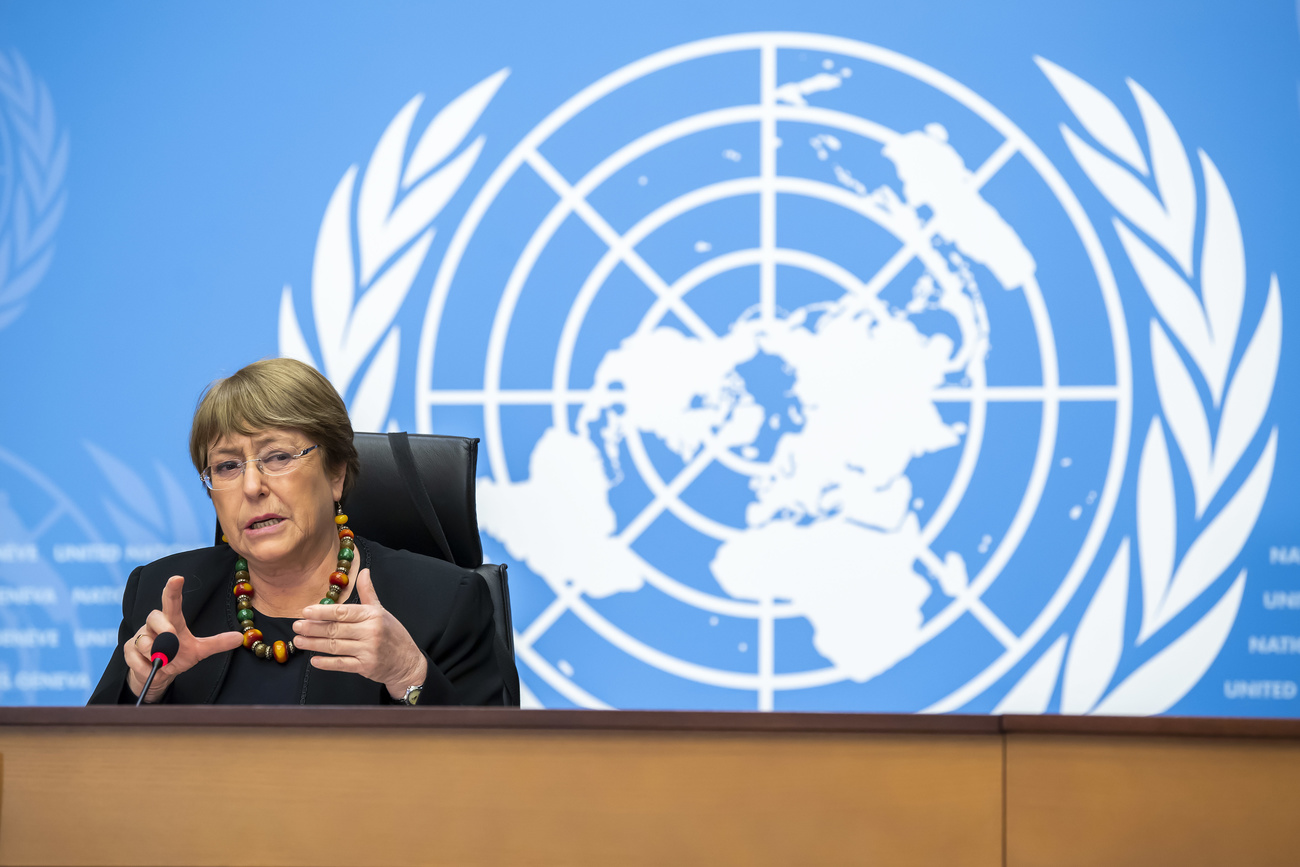
More
How China is redefining human rights at a global level
A map included in his organisation’s annual reportExternal link shows a “massive preponderance to focus on Israel/Palestine and on Africa”. Meanwhile, there have never been any resolutions on China or the US, for example. And despite the recent statement on Xinjiang, Limon thinks it unlikely there will be a resolution on China at this session because China is “too powerful” and has too many allies.
And then there is Israel. Former US president Donald Trump accused the Human Rights Council of being anti-Israel. He may have had a point to some extent, as the HRC’s “Agenda Item 7” focuses only on Israel and Palestine. This means that unlike any other country, Israel comes up in every Council session, with Muslim states in particular getting together to attack it. One result is that Israel has been the target of more than 70 resolutions for its human rights abuses in Palestine. Some, like Limon, argue that this situation is unfair, while others say Israel should be treated in a separate category because of its status as an occupying power.
Calls for reform
Announcing a pull-out three years ago, the former US administration of Donald Trump called the Human Rights Council “anti-Israel”, “hypocritical” and a “cesspool of political bias”. Trump pulled out halfway through a three-year US term on the Council and cut off funding. Now Washington has come back as an observer under Biden but is still looking for reforms. The observer status means it can take part in the proceedings but not vote.
Trump’s former ambassador to the UN, Nikki Hailey, even accused the HRC of being a “protector of human rights abusers”. This seems outrageous, but it is true that current HRC membersExternal link include, for example, China, Russia, Cuba, Venezuela and Eritrea, not known for good human rights records.
Concern about gross human rights abusers on the Council is not new. Its predecessor, the UN Human Rights Commission, was set up after the Second World War with a mandate to uphold the 1948 Universal Declaration of Human Rights. But concerns about the influence of human rights abusers on this Commission led to a Swiss-led reform and its replacement in 2006 with the current Human Rights Council. Oversight and selection of members is supposed to be more rigorous.
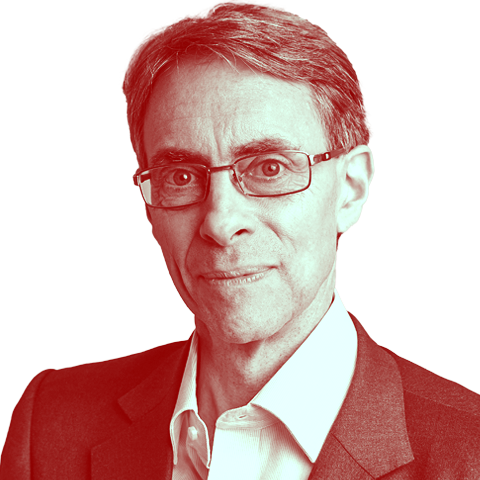
More
How Biden should re-engage with the UN Human Rights Council
Achievements
The HRC is designed to serve as a talking as well as acting shop. As Jeremy Dear, Deputy General Secretary of the International Federation of Journalists, told SWI swissinfo.ch in a previous interview, “having both the state allegedly responsible for the persecution and other states who might have influence with them all in the same UN building at the same time is a unique chance, not to get an immediate solution, but to start the process towards one”.
Of course, one of the effects of the Covid-19 pandemic has been to largely inhibit this face-to-face talking, as sessions went virtual. Like for other organisations in International Geneva and elsewhere, it remains to be seen if and when it will get back to “normal”. The current session is “hybrid”, meaning a mix of virtual and in-person.
Despite its controversial record, the HRC has produced innumerable valuable reports on human rights abuses around the world. In the absence of national or international justice, it has also set up evidence-gathering mechanisms on genocide, war crimes and crimes against humanity in Syria, Myanmar and most recently Sri Lanka, for possible future use in courts. Human rights NGOs, while often critical, say it investigates and points the finger at human rights abuses around the world we might not otherwise know about.
“Its painstaking investigations may not always, or even often, lead to immediate change, but they do ensure no one can say they did not know. The evidence of violations is preserved, and, in the case of the Council’s commission of inquiry on Syria, may yet lead to prosecutions for war crimes,” Human Rights Watch executive director Kenneth Roth told SWI swissinfo.ch in a previous interview. No doubt the HRC is both flawed and fundamental. But while the calls for reform and the internal politicking continue, it can still make waves.

In compliance with the JTI standards
More: SWI swissinfo.ch certified by the Journalism Trust Initiative









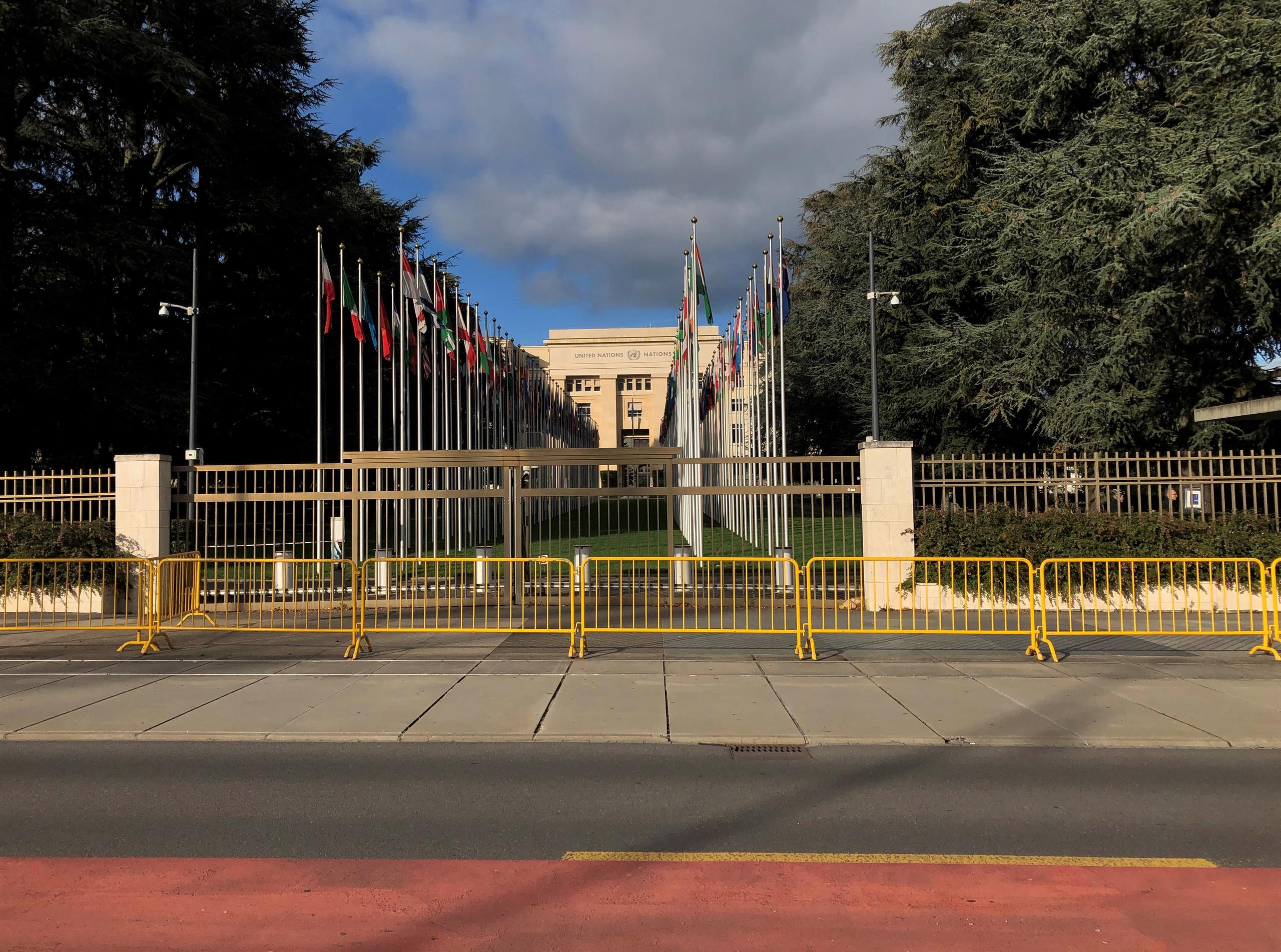
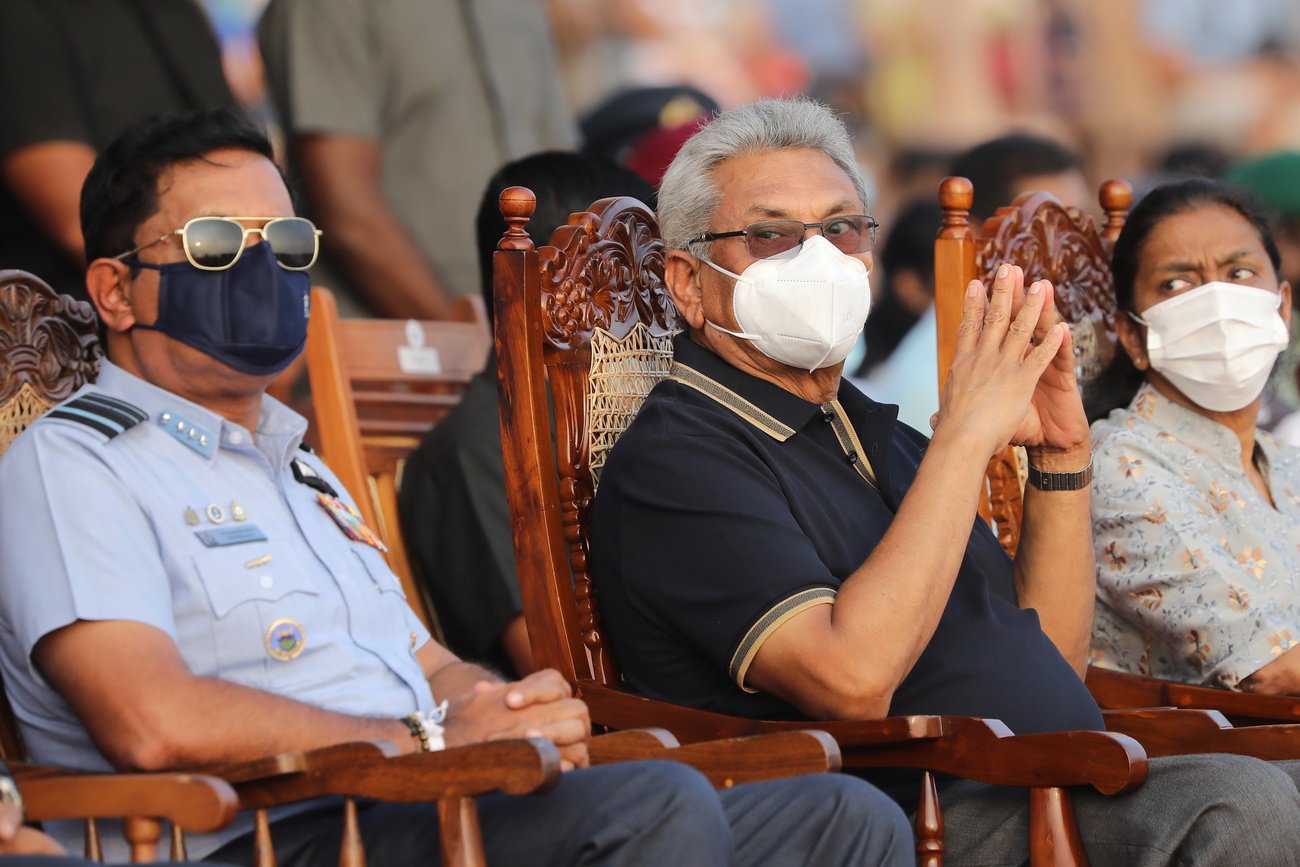

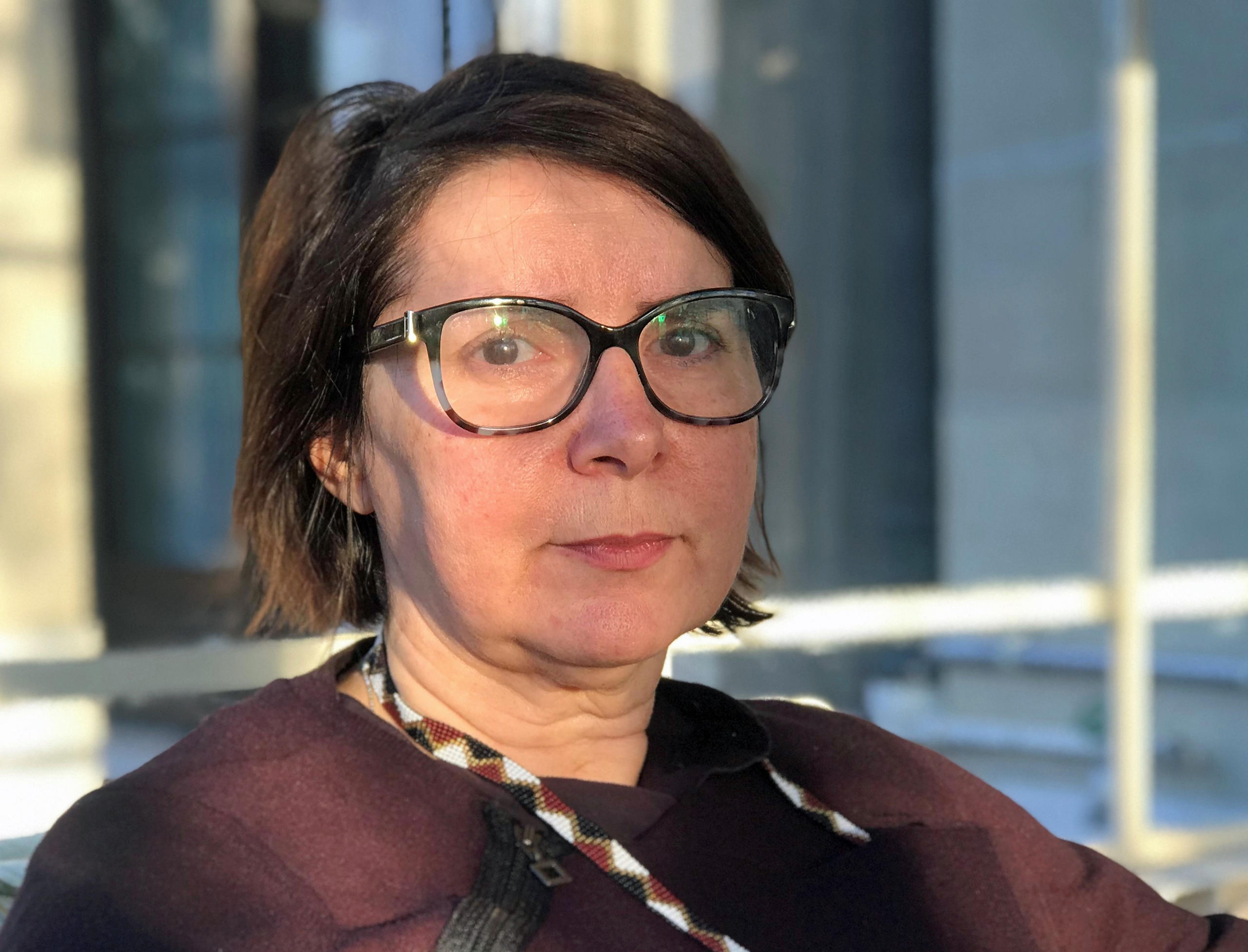


You can find an overview of ongoing debates with our journalists here . Please join us!
If you want to start a conversation about a topic raised in this article or want to report factual errors, email us at english@swissinfo.ch.